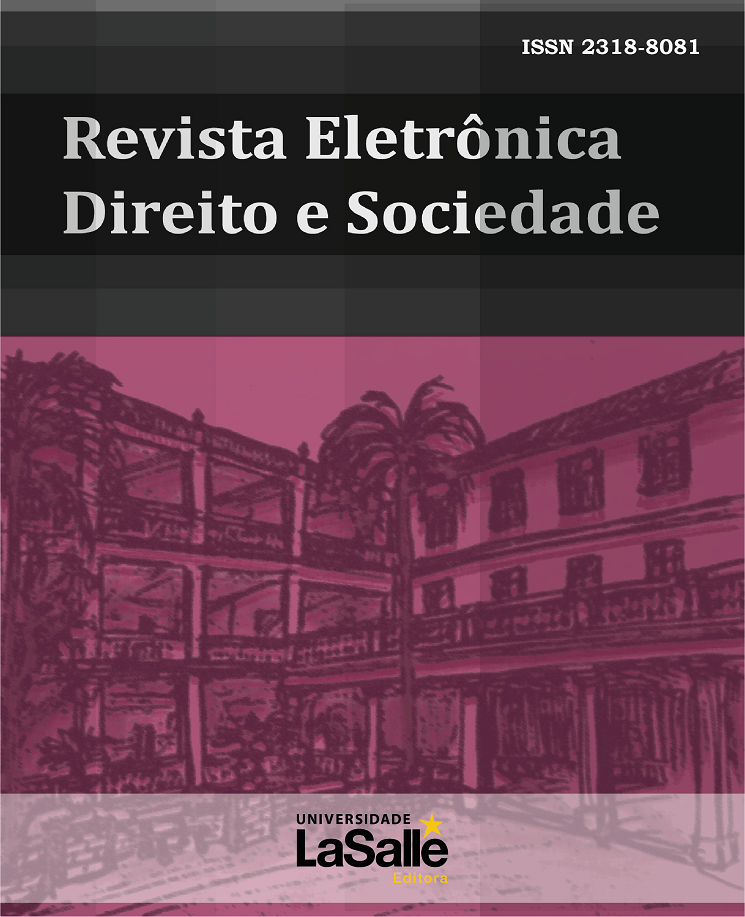Domestic violence and the challenges to the enforcement of the Maria da Penha Law: analyzing the decisions of the Courts of Justice from Minas Gerais and Sao Paulo
DOI:
https://doi.org/10.18316/redes.v7i3.5229Keywords:
Maria da Penha Law, Law 11340/2006, General Recommendation on Women’s Access to Justice, Gender Violence, Domestic Violence.Abstract
In this paper we seek to analyze the challenges faced in legal interpretation and practical application of Maria da Penha Law. To that end, three questions guided our research: how do Brazilian judges and courts interpret and, therefore, apply this Law? Who have been granted its application? Who has been requesting its application? Based on an empirical quantitative research in the Minas Gerais (TJMG) and São Paulo (TJSP) Courts, we have concluded that although Maria da Penha Law has been created to protect exclusively the feminine gender, the Courts have applied it for victims who were not women when their vulnerability were recognized. On the other hand, they have not applied it to female victims when the Courts could not recognize the woman’s vulnerability or the existence of gender violence, or when the victim did not fit the stereotype “grown woman whose abuser is a man”.Downloads
Published
Issue
Section
License
Authors who submit their manuscripts for publication in the “REDES” Magazine agree to the following terms:
The authors claim to be aware that they retain copyright by giving “REDES” the right to publish.
The authors declare to be aware that the work submitted will be licensed under the Creative Commons Non-Commercial Attribution License which allows article sharing with acknowledgment of authorship and publication in this journal.
The authors declare to be aware that by virtue of the articles published in this journal have free public access.
The authors declare, under the penalty of the law, that the text is unpublished and original and that they are aware that plagiarism has been identified, plagiarized authors will be informed - willingly, to take legal action in the civil and criminal sphere - and, plagiarists will have their access to the magazine blocked.
The authors state that - in case of co-authoring - all contributed significantly to the research.
Authors are obliged to provide retractions and (or) corrections of errors in case of detection.
The authors are obliged not to publish the text submitted to “REDES” in another electronic journal (or not).
The Electronic Journal Law and Society - REDES - is licensed under a Creative Commons License. Attribution-NonCommercial 4.0 International.Based on work available at "http://revistas.unilasalle.edu.br/index.php/redes/about/submissions#copyrightNotice".
Permissions in addition to those granted under this license may be available at http://creativecommons.org/.

